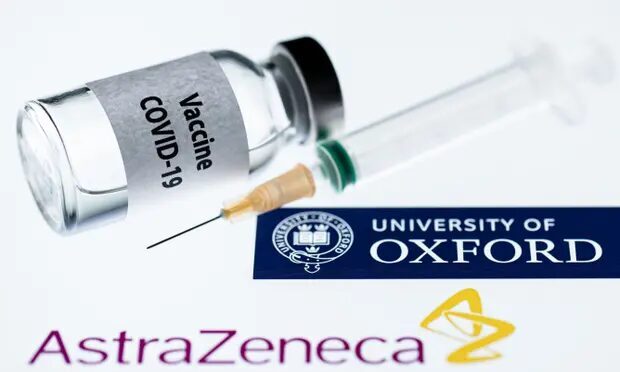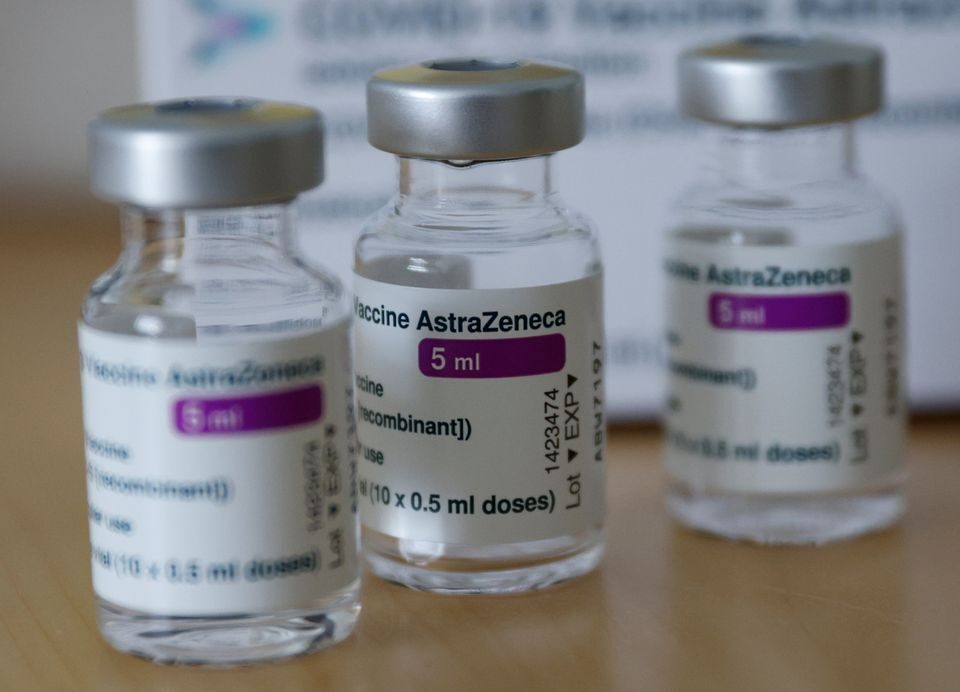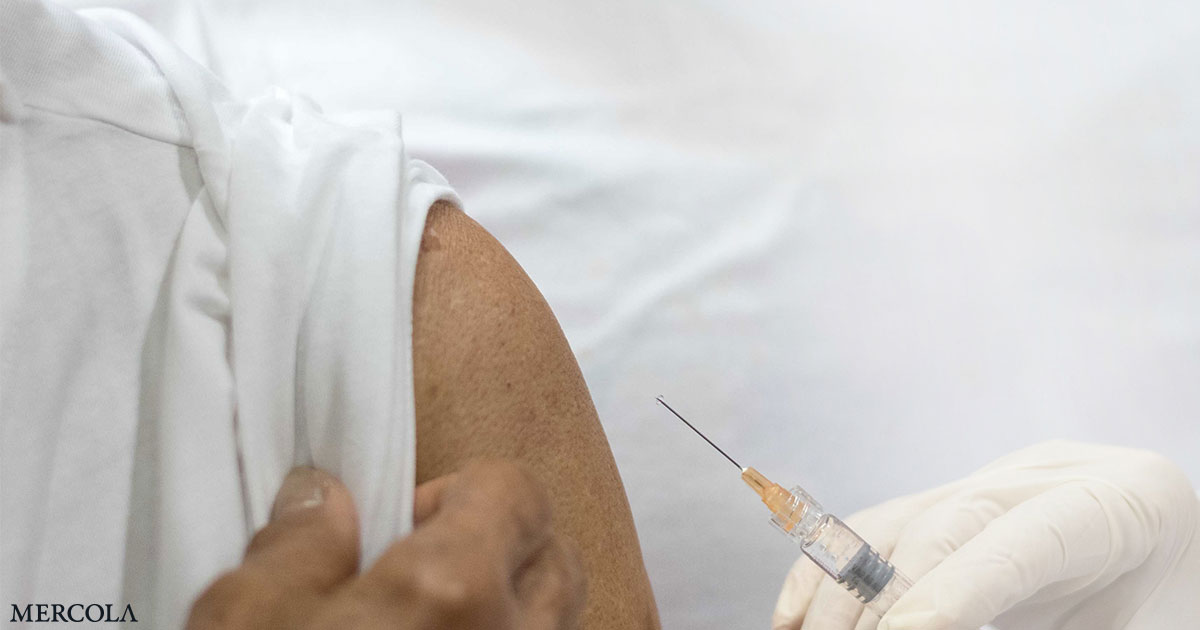Covid vaccines for children should not get emergency use authorization
May 7, 2021
Emergency use authorization for mass child vaccination presents a different balance of risks and benefits than it did for adults, say Wesley Pegden, Vinay Prasad, and Stefan Baral The rapid [...]More...
blogs.bmj.com
Emergency use authorization for mass child vaccination
presents a different balance of risks and benefits than it did for adults, say Wesley Pegden, Vinay Prasad, and Stefan Baral
The rapid development of highly effective covid-19 vaccines is a triumph of science and, with equitable implementation strategies, represents humanity’s path out of this pandemic. To expedite deployment in the United States, the US Food and Drug Administration (FDA) provided three covid-19 vaccines with emergency use authorization while they concurrently went through the traditional review process. Pfizer has asked the FDA to amend the existing emergency use authorization for its vaccine to allow eligibility for children aged 12 to 15. Further clinical trials of covid-19 vaccines, including for younger children, are underway. Unlike for adults, however,
the likelihood of severe outcomes or death associated with covid-19 infection is very low for children, undermining the appropriateness of an emergency use authorization for child covid-19 vaccines.
Emergency use authorization in the US requires that an intervention address a serious or life threatening condition, and for known and potential benefits of the intervention
to be balanced against the known and potential harms. The emergency use authorizations for covid-19 vaccines were implemented at the height of the second wave in the US, enabling around 100 million American adults, who would otherwise be at significant risk of severe outcomes or death from covid-19 infection, to be vaccinated on an accelerated time frame.
Significant adverse events to vaccines are sometimes detected during wider distribution; for example, such events were investigated for the Johnson & Johnson covid-19 vaccine. But phase III trials of covid-19 vaccines in adults have demonstrated reductions in both infections and severe disease, and even if one reasoned conservatively from data on infections alone, these trials showed a large benefit for adult populations that convincingly offset the potential for harms from any side effects rare enough to be missed in phase III trials. Collectively, covid-19 vaccination in adults met emergency use authorization criteria given the positive balance of risks and benefits at the individual level.
Trials for covid-19 vaccines are also underway for children as young as 6 months. These trials are not powered to measure decreases in severe covid-19 infections, due to their rarity in this age group. Instead, these trials are examining safety, the immune response, and, as a secondary outcome, the impact on the incidence of covid-19 infections. As for adults, these trials are not designed to assess rare or delayed adverse events. Unlike for adults,
the rarity of severe covid-19 outcomes for children means that trials cannot demonstrate that the balance of the benefits of vaccination against the potential adverse effects are favorable to the children themselves. In short, given the rarity of severe clinical courses and limited clarity of risks,
the criteria for emergency use authorization do not appear to be met for children.
The efficacy of the Oxford/AstraZeneca vaccine in children is due to be tested in a new clinical trial beginning this month. Researchers will use 300 volunteers to assess whether the jab - known as the the ChAdOx1 nCoV-19 vaccine - produces a...

www.sott.net
Emergency use authorizations for child vaccinations can make sense for children for whom the benefits are greatest, and thus for whom it is clearest that the benefits outweigh any unknown harms. In the near term, emergency use authorizations should be considered for children at genuinely high risk of serious complications from infection. It is also worth considering whether emergency use could be authorized for children whom especially concerned caregivers are sheltering from school or social interactions.
The small risk posed to children by covid-19 does not merit restrictions on any regular child activities in a context where adults are protected by vaccines, but individual children who find their lives curtailed in this way may obtain significant benefits from vaccination.
One might hope to achieve population level benefits with broader child vaccination for covid-19, even while the relative benefits and risks for children themselves remain unclear, but this is inconsistent with the conditions for emergency use authorization. Fortunately, covid-19 vaccines have shown very high effectiveness across the adult population, and future trajectories of hospitalizations and deaths will largely be determined by vaccination rates in adults.
In 1976, the vaccination campaign in anticipation of a deadly swine flu (H1N1) epidemic inoculated 45 million Americans before being derailed by very rare cases of Guillain-Barré syndrome. That year saw less flu-related morbidity and mortality than scientists and politicians had expected when they began the vaccine campaign, and these few hundred adverse events cast a long shadow on American vaccination programs, affecting attitudes towards influenza vaccines for years to come. This highlights an important tradeoff when accelerating approval of pharmaceutical interventions in the context of an emergency. Specifically, that
the risk of rare adverse events remains and, if the benefit achieved by an intervention is insufficient, any serious, yet rare, adverse effects can prove to be the lasting legacy of a regulatory decision.
Europe's medicines regulator is reviewing reports of a rare nerve-degenerating disorder in people who received AstraZeneca's (AZN.L) COVID-19 shots, raising fresh questions about potential side-effects of the vaccine. As part of a regular review...

www.sott.net
For adults, the benefits of covid-19 vaccination are enormous, while for children they are relatively minor. Rare side effects from adult covid-19 vaccination are unlikely to lead to future vaccine hesitancy whose public health impact could be comparable to the benefits of the adult covid-19 vaccination program itself. But
accelerated mass child vaccination under emergency use authorization—perhaps even spurred by school mandates and “vaccine passports”—presents a different balance of risks and benefits. The possibility that rare adverse events could emerge as the more durable public health legacy of an emergency use authorization for child covid-19 vaccines is much greater.
Even in the likely scenario that no significant adverse events materialize,
we may still pay a price for the pursuit of emergency use authorizations for covid-19 vaccines in children. Controversy surrounding mass child vaccination under emergency use authorizations
could feed vaccine hesitancy in the United States at a time when public attitudes towards vaccination are critical. A wide rollout of child covid-19 vaccines should follow the standard regulatory process as for most children, unlike adults, covid-19 vaccination is not addressing an emergency.
Wesley Pegden is an associate professor in the Department of Mathematical Sciences at Carnegie Mellon University. He tweets @WesPegden
Vinay Prasad is a practicing hematologist-oncologist and an associate professor in the Department of Medicine and the Department of Epidemiology and Biostatistics at University of California, San Francisco. He tweets @VPrasadMDMPH
Stefan Baral is a physician epidemiologist and an associate professor in the Department of Epidemiology at the Johns Hopkins School of Public Health. He tweets @SDBaral
Competing interests: The authors have read and understood BMJ policy on declaration of interests and declare the following interests: VP discloses research funding from Arnold Ventures; royalties from Johns Hopkins Press, Medscape, and MedPage; consulting fees from UnitedHealthcare; speaking fees from Evicore and New Century Health; and Patreon backers for Plenary Session podcast.
This article was first published on
Medium.

www.lewrockwell.com







